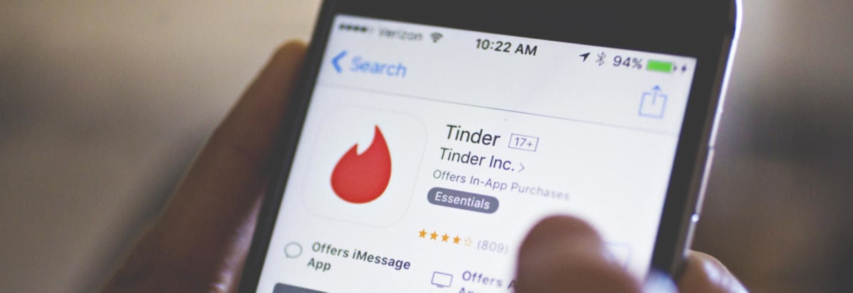TikTok CEO’s Plans to Appear Before Congress
By: Molly Codeanne The CEO of TikTok, Shou Zi Chew, is scheduled to appear before a congressional committee in March. TikTok has faced many allegations concerning sharing U.S. users’ data with the Chinese Communist Party. The chairs of the committee want Americans to be informed with respect to how TikTok’s actions and functions affect individuals’… Read More TikTok CEO’s Plans to Appear Before Congress











You must be logged in to post a comment.